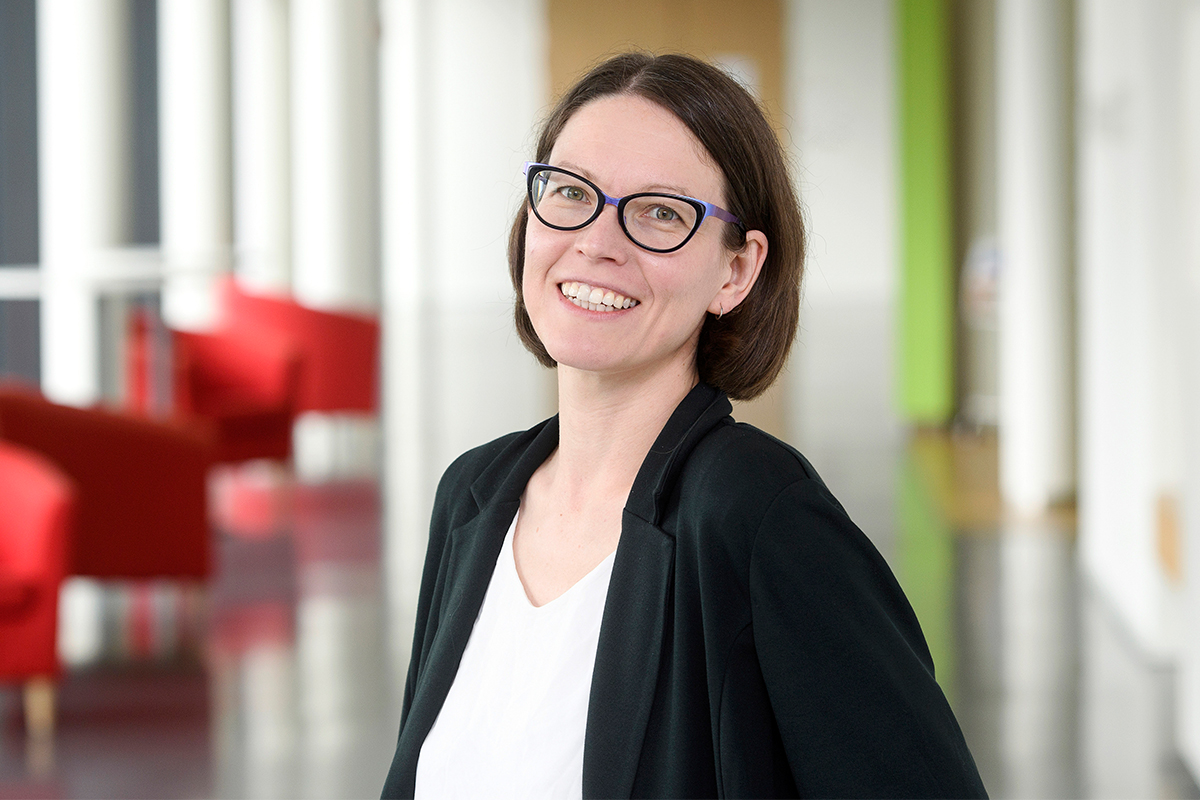Driving the transformation of the automotive industry forwards

The proportion of vehicles with alternative drives on German roads has increased noticeably in recent years, and digitization in vehicles has become a game changer. A transformation that has already begun not only on the planning sketches of industry and politics, but also on the roads. In order to accompany this transformation and provide important recommendations for action and guidelines, the "Expert Group Transformation of the Automotive Industry" was appointed by Federal Minister Robert Habeck on June 28, 2022. The German government's goal is to have 15 million fully electric vehicles on the road by the end of the decade. "The vehicles of the future will not only do without fossil fuels, they will also be connected and automated on the road. In addition, the value chains must become more sustainable and robust," Michael Kellner, Parliamentary State Secretary at the BMWK, explained in a press release. He added that the expert group is to develop concrete recommendations for action in this regard in order to achieve the ambitious goals such as climate neutrality, digitalization and value creation in the automotive sector in Germany as a business location.
Professor Ina Schaefer, who holds the professorship for Software Engineering at the Karlsruhe Institute of Technology (KIT) and heads the working group for "Test, Validation and Analysis of Software-Intensive Systems", was elected co-chair of the expert group.
At the heart of the transformation of the automotive industry are the need to decarbonize mobility and the opportunities offered by digitization. In addition, deglobalization and demographics as well as the associated future shortage of skilled workers play a role. The German automotive industry, and in particular the many small and medium-sized supplier companies, must respond to these challenges and actively shape the transformation. "The vision of the transformation of the automotive industry is to maintain and even expand value creation in Germany and Europe and thus secure prosperity," says Schaefer.
Ina Schaefer has been researching topics related to the digitalization of products and processes in the automotive industry for more than 10 years. Particular focal points here are variant and complexity management, as well as quality assurance of cyber-physical systems and safeguarding of automatic and autonomous driving functions.
Based on the insights of her research work, her focus in the expert group is on digitization and the transformation of value creation from a hardware-based product to a software-based and data-driven mobility service. "A particular challenge of the transformation of the automotive industry is that value creation is increasingly shifting to the area of software development. While the large OEMs are addressing this challenge by creating their own software departments, the shift from hardware production to software expertise is a major problem for the small and medium-sized suppliers. The transformation of the automotive industry is therefore primarily about supporting these companies in building up software expertise and corresponding business models," explains Professor Schaefer.
The expert group consists of a total of 13 experts from various institutions and different subject-related disciplines. The first topics are already to be worked on in the next few months.
The entire press release of the BMWK is available here.
